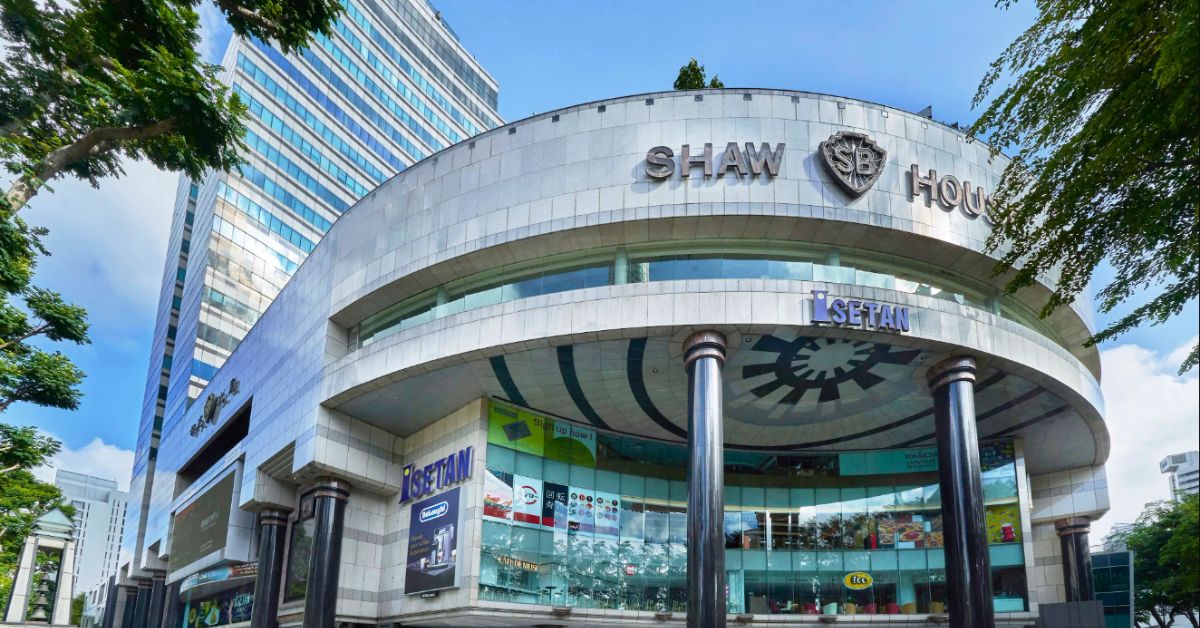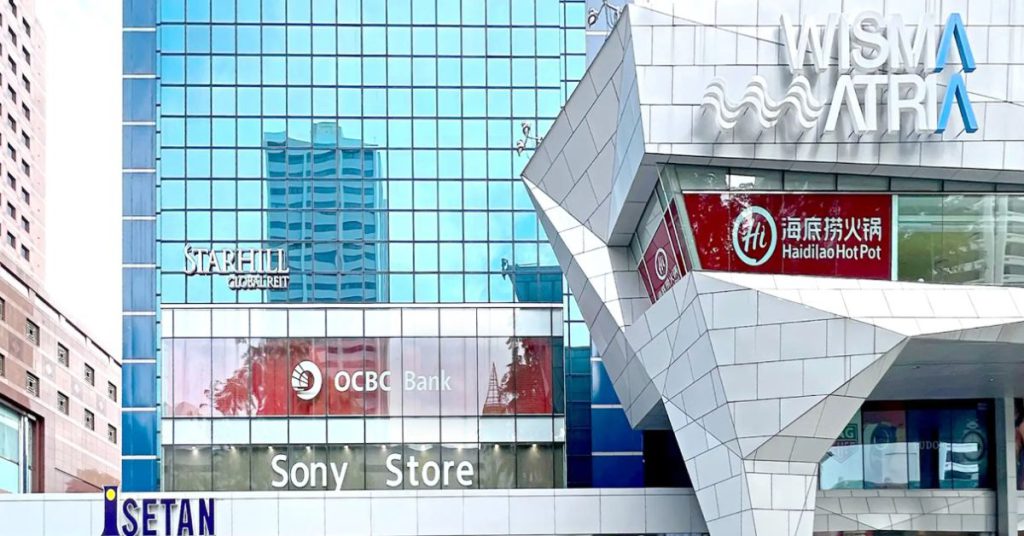Isetan Singapore to exit SGX following S$1.2mil loss last year and buyout by parent company
Isetan Singapore, a Japanese department store chain, will be delisting on September 19 following its suspension of shares.

Isetan Singapore, a well-known Japanese department store chain, will officially delist from the Singapore Exchange (SGX) on September 19, according to The Business Times.
The move follows the suspension of Isetan Singapore’s shares on August 29, after the Singapore High Court approved a scheme allowing Isetan Mitsukoshi, its parent company in Japan, to take it private.
The news portal reported that Isetan Mitsukoshi, who already holds a controlling stake, offered S$7.20 per share, providing shareholders a 37.4% premium over the store’s highest stock price in the last five years, which was S$5.24.
This decision didn’t come as a surprise, as Isetan Singapore has struggled financially in recent years. The company reported a net loss of S$1.2 million in 2023, a stark contrast to the S$1.3 million profit from the previous year.
 Image Credit: Isetan Singapore
Image Credit: Isetan SingaporeThe acquisition is seen as a way for shareholders to exit a challenging investment, especially given the low liquidity of Isetan Singapore’s shares on the market.
A tough road for the Japanese retail giant
Isetan Singapore’s journey has been a long one, beginning in 1970 as a joint venture between Isetan Japan and local Apollo Enterprises.
The first Japanese department store opened its doors in Singapore in 1972, but things weren’t easy at the start. Local businessman Chan Chun Ping came to the rescue in 1973, taking over a majority stake and helping the company expand.
By the late 70s, Isetan Singapore had found its footing, opening its flagship store in Orchard’s Liat Towers in 1979 and later moving to Wisma Atria in 1986. In 1981, Isetan Singapore listed itself on SGX’s mainboard.
 Image Credit: Isetan Singapore
Image Credit: Isetan SingaporeThrough the 80s and 90s, the brand kept growing, opening more suburban outlets and even launching stores like “In” and “Inkids” (though these were eventually closed due to profitability issues).
As Isetan ventured into the 2000s, it expanded into China, embraced ecommerce, and opened more stores in Singapore malls. But by the mid-2010s, things started to shift.
The company began closing down underperforming stores and shifted its focus to generating rental income, including renovating its Scotts outlet to keep up with market trends.
Like many retailers, Isetan Singapore faced significant challenges during the pandemic. It suspended its online operations to streamline its business, and the idea of going private gained momentum.
What happens next?
Now, with Isetan Mitsukoshi taking the reins and Isetan Singapore exiting the SGX, what does the future hold for this iconic brand?
While the company has faced headwinds in recent years, the privatisation could open the door for a more agile approach to revamping its operations without the pressures of public trading.
For shareholders, the delisting offers a rare opportunity to cash out at a favourable price, especially since efforts to unlock value, such as the attempt to sell its strata title at Wisma Atria in 2021, had failed.
Although Isetan’s physical presence in Singapore will remain, its delisting marks the end of an era for the department store in its public trading journey.
Learn more about Isetan Singapore here.Featured Image Credit: Isetan Singapore

 Tekef
Tekef 





















![Run An Ecommerce SEO Audit in 4 Stages [+ Free Workbook]](https://api.backlinko.com/app/uploads/2025/06/ecommerce-seo-audit-featured-image.png)









